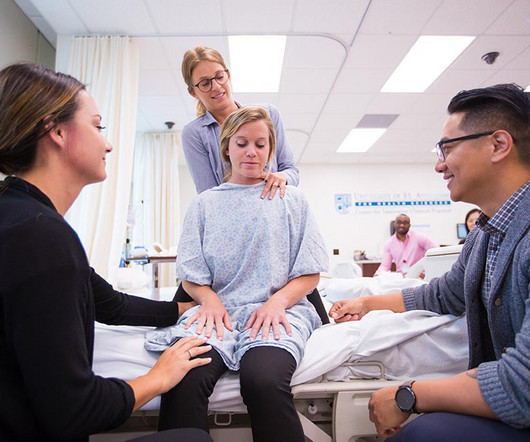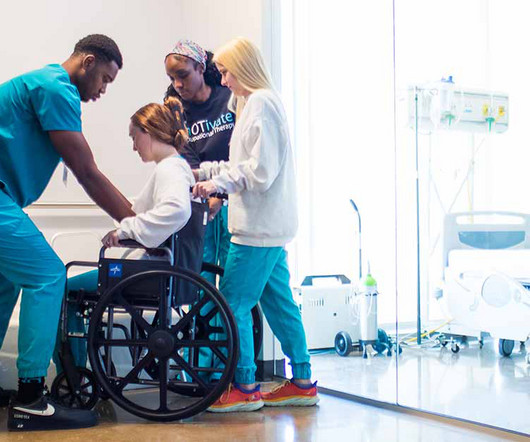Top Nursing Specialties in Demand for 2025
NexNurse
JANUARY 27, 2025
They often work in collaboration with physicians and other healthcare professionals to diagnose and treat illnesses, prescribe medications, and manage patient care. Skills Required: Advanced clinical skills, strong communication, and the ability to work independently.












Let's personalize your content